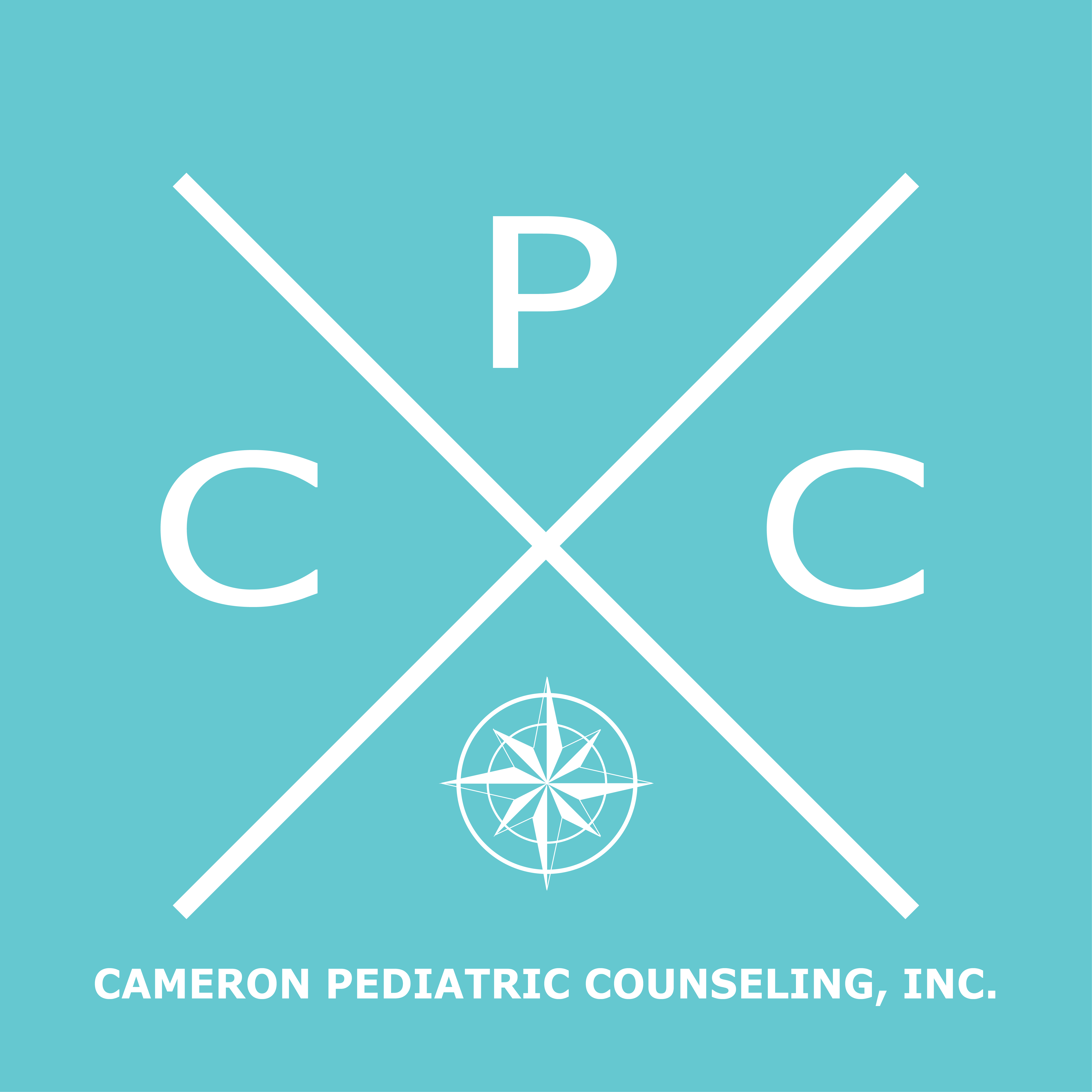Half of all mental illness begins by age 14. Many people do not know that. They also do not know that, on average, eight to 10 years will pass from the onset of symptoms to the time of intervention for those living with these conditions. In the life of a child, those are critical developmental years.
When children and youth living with mental illness have access to effective services and supports, they can develop close relationships with family and friends, learn to cope with challenging symptoms and gain the educational and social experiences they need to succeed in life.
– See more at: https://www.nami.org/Blogs/NAMI-Blog/May-2012/Closing-the-Gap-for-Children-s-Mental-Health#sthash.Fh5jTGUl.dpuf
Teens & Young Adults
Mental health conditions are common among teens and young adults. 1 in 5 live with a mental health condition—half develop the condition by age 14 and three quarters by age 24.
For some, experiencing the first signs can be scary and confusing. Discussing what you are going through with others is an important first step to getting help. Speaking up and asking for help is a sign of strength. You will be amazed by the support you get simply by asking. A mental health condition isn’t your fault or your family’s fault- it develops for complicated reasons that researchers are only starting to understand. But we understand a lot about how you can live well with a mental health condition- and you have the power to take the steps necessary to improve your mental health.
Mental health services and supports are available and the earlier you access them the better. Many teens and young adults live full lives with a mental health condition.
– See more at: http://www.nami.org/Find-Support/Teens-Young-Adults#sthash.mHQY3XWx.dp
